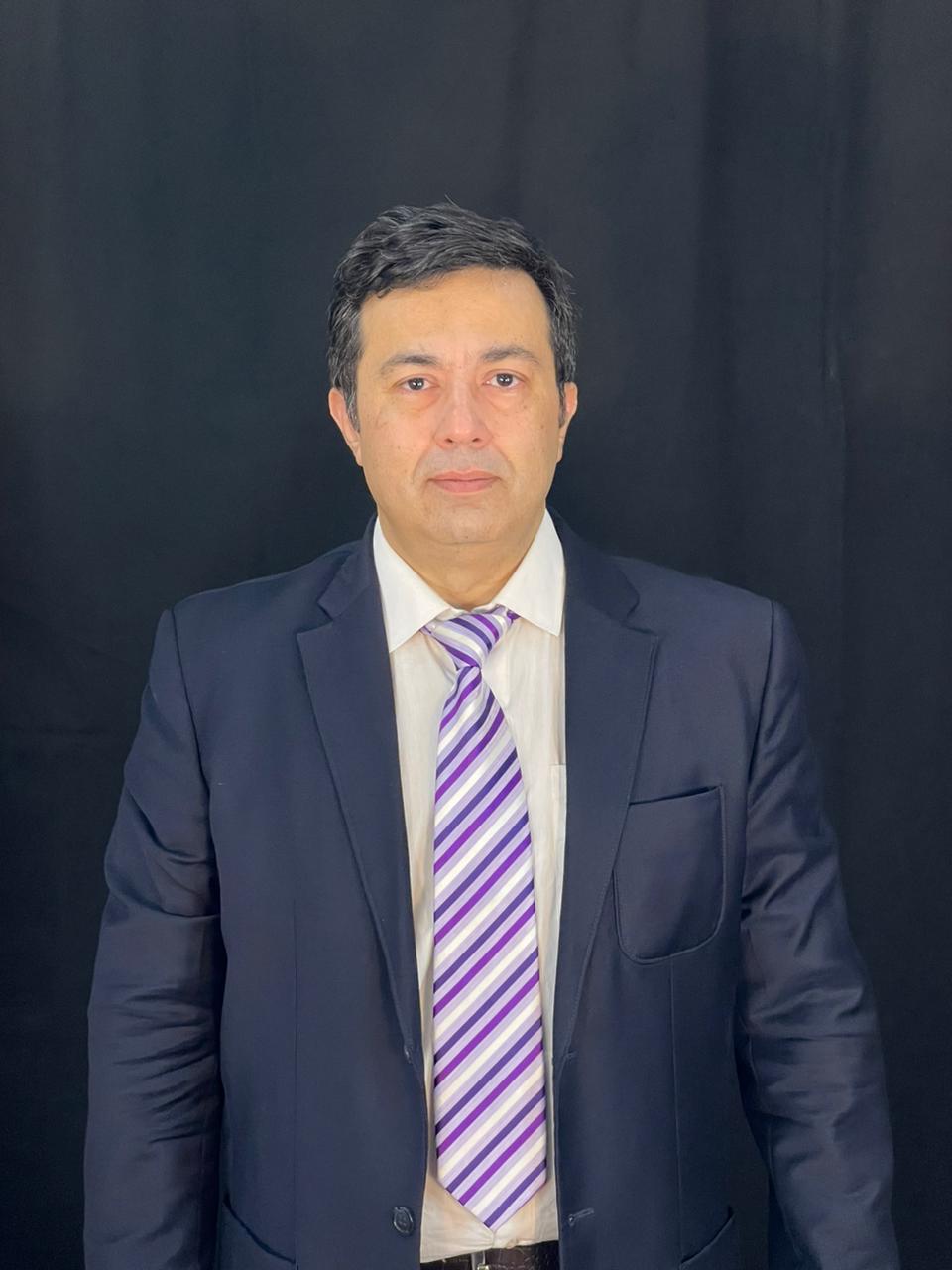
Mr Ahmed Burhan
British Pakistani Lawyer

![]()
How May I help you?

British Pakistani Lawyer

![]()
How May I help you?
Block E 1, Johar Town , Lahore, Punjab , Pakistan 54000
Mr. Ahmed Burhan
+923304184970
info@burhanlaw.com
Burhan Center, 97-99, Gulistan Market Railway Road, Faislabad, Pakistan
Mr. Ahmed Burhan
+923304184970
info@burhanlaw.com
Associate Office (London)
Mr. Ahmed Burhan
+44 7402020027
info@burhanlaw.com